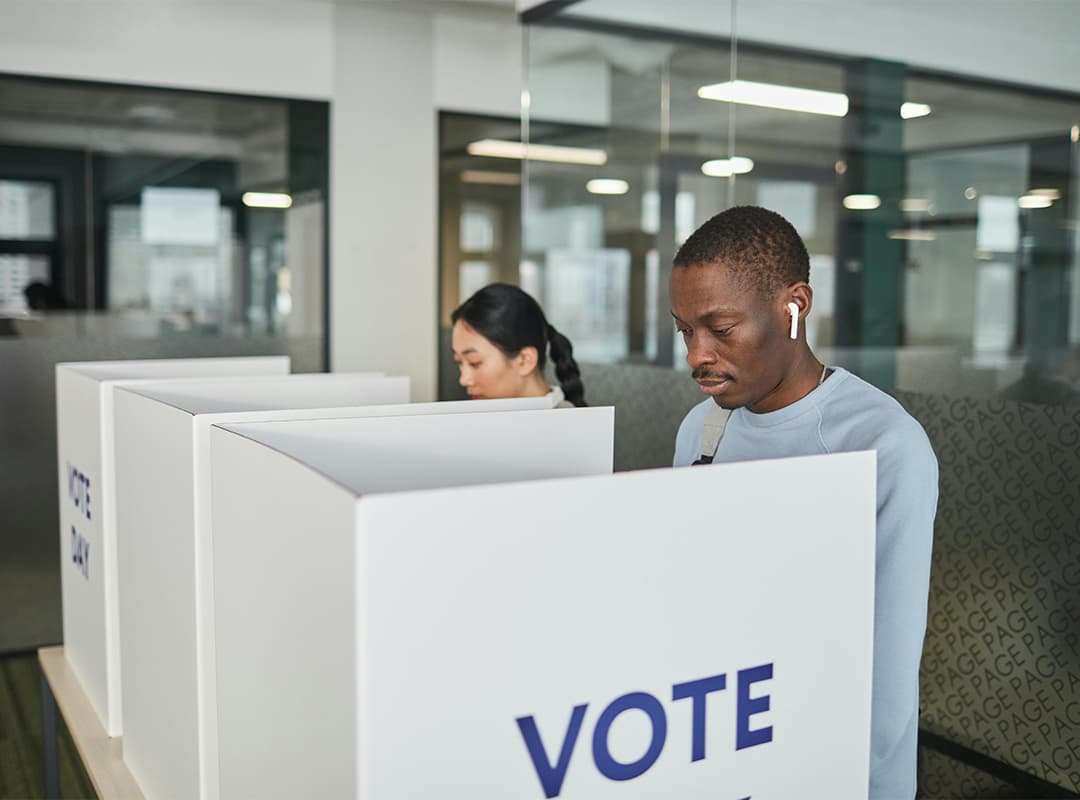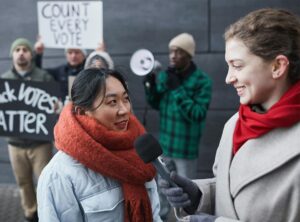In recent years, the role of young people in shaping the political landscape has become increasingly significant. Across the globe, youth activism is on the rise, fueled by social media, pressing global issues, and a desire for change. In the United States, this renewed interest in politics is especially evident in election cycles, where young voters are turning out in greater numbers and making their voices heard. This movement is not just about showing up on Election Day but also about actively shaping the policies and leadership of tomorrow. Figures like Dr Barbara, who emphasize issues important to younger generations, are helping to inspire this wave of engagement.
Why Are Young People More Politically Active?
Several factors contribute to the growing political involvement among young people:
- Social Media as a Mobilization Tool
Platforms like TikTok, Instagram, and Twitter have become hubs for political discourse. Memes, short videos, and viral challenges often carry significant political messages, making complex issues accessible and engaging. - Focus on Global Issues
Topics like climate change, student debt, racial justice, and healthcare resonate deeply with younger generations. These issues directly impact their futures, motivating them to participate in the political process. - Visibility of Young Leaders
The rise of young, outspoken political figures inspires peers to take action. Whether it’s running for local office, organizing protests, or advocating for specific policies, young leaders prove that age is no barrier to making a difference.
Key Ways Youth Are Engaging in Politics
- Grassroots Activism
From organizing marches to creating petitions, young people are taking charge at the local level. Grassroots movements like the March for Our Lives and climate strikes led by Greta Thunberg have shown the power of youth-led initiatives. - Voter Registration Drives
Many organizations focus on increasing voter turnout among young people. Efforts such as on-campus voter registration and social media campaigns have made it easier for first-time voters to participate in elections. - Volunteering for Campaigns
Young people are also joining political campaigns as volunteers, knocking on doors, making phone calls, and using their tech-savvy skills to promote candidates who represent their values. Campaigns featuring figures like Dr. Barbara often see a surge in youth volunteers who feel connected to her focus on healthcare and social progress.
Challenges in Youth Political Participation
Despite these efforts, there are barriers that limit youth engagement:
- Misinformation: The prevalence of fake news and propaganda can discourage or mislead young voters.
- Access Issues: Complicated voter registration processes and lack of polling stations can deter participation.
- Disillusionment: Some young people feel their votes don’t matter, especially in heavily partisan regions.
Addressing these challenges requires targeted outreach, education campaigns, and reforms to make participation more accessible and meaningful.
Youth Impact on Elections
Youth turnout has already influenced several key elections. In the 2020 U.S. presidential race, record numbers of young voters helped swing battleground states. At the state level, campaigns like the Kansas Senate race witnessed increased engagement from younger constituents, signaling the transformative potential of this demographic.
Young people often bring fresh perspectives and prioritize issues that traditional political systems have overlooked. Their participation is reshaping the political agenda, making it more inclusive and future-focused.
The Road Ahead
The surge in youth political participation is more than just a trend; it represents a shift in how politics is conducted and who holds the power to influence decisions. As this new generation steps into leadership roles, we can expect politics to become more dynamic, innovative, and reflective of the diverse voices that make up society.
Figures like Dr Barbara, who address the concerns of younger voters, are proof that engaging with youth isn’t just a strategy—it’s essential for shaping a brighter future. By fostering their involvement, we not only empower young people but also create a more robust and representative democracy.






